Continuous dependence on importation, inability of airline operators to have easy access to foreign exchange and airport taxes among others, have been attributed to the skyrocketing price of aviation fuel known as Jet A1, in Nigeria.
The facts were established recently at the 25th annual Conference of League of Airport and Aviation Correspondents (LAAC) held at Sheraton Hotels and Towers Lagos.
Presenting his paper at the conference, General Manager TotalEnergies Nigeria, Engr. Rabiu Abdulmutalib said that unless the aformentioned challenges are resolved, the prices of the product would continue to rise in the country.
As at last week a litre of aviation fuel in Nigeria sold for between N305 and N315 per litre, depending on the airport an airline bought from.
According to Abdulmutalib, the inability of local refineries to refine the product locally, high investment in logistics and high cost of aviation fuel handling equipment like refuellers, hydrant dispenser/servicers and filtration systems are also contributed to the sordid situation in the local market.
To address the current situation, the General Manager of Total Energies in Nigeria canvassed for proper coordination among relevant government agencies in monitoring and enforcement of all standards along the supply chain.
Some of the agencies he mentioned included the Department of Petroleum Resources, the Federal Airports Authority of Nigeria (FAAN), Nigerian Civil Aviation Authority (NCAA), Standards Organisation of Nigeria (SON) and the Nigeria Union of Petroleum and Natural Gas Workers (NUPENG), amongst others.
To avoid contamination of the product, Abdulmutalib opined that organisaitons should not compromise any of the established international and local regulations on handling of JET A1 from refinery to aircraft, adherence tointernational specification checklist for aviation fuel recognised by major aviation fuel suppliers in the world and checking competencies and capacities of laboratories contracted for testing parameters of the product in the country.
He also appealed government intervention for easy access to forex especially aviation fuel importers and national sensitisation and awareness on monitor filtration phase out from all aviation handling systems in Nigeria before the deadline of July 2023.


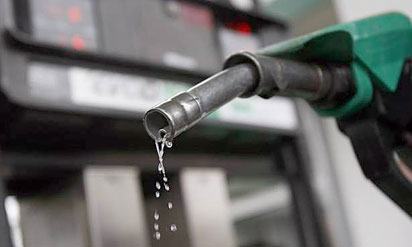
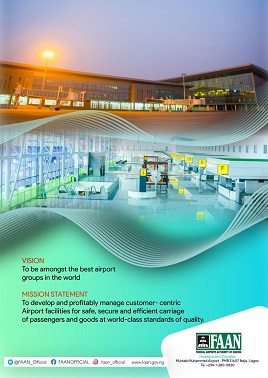
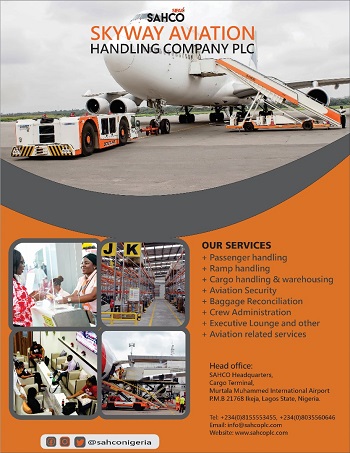
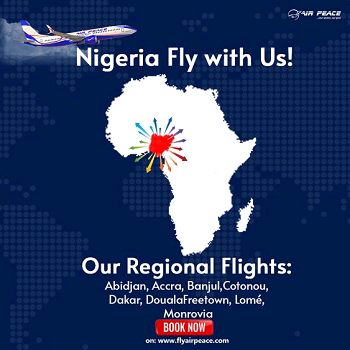
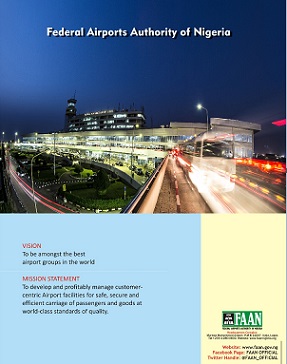

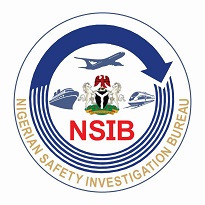
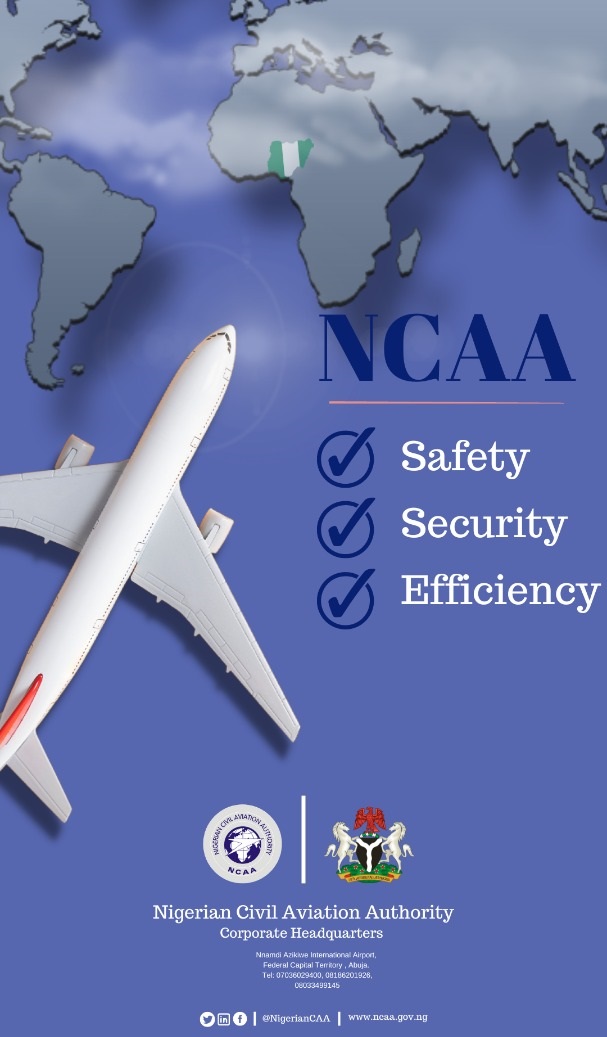
We need to find in what currency do the foreign airlines pay the fuel marketers. Secondly, the current naira price per liter does not seem to be too high if we consider the price of fuel at about $2+ per gallon in places like the US. What we need to do to bring down the cost of fuel is to remove the use of truck tankers for the bridging the fuel supply to the airports like the MMA from the Ejigbo depot to the airport fuel depot by repairing the fuel pipelines from Ejigbo to the airport. The supply with the fuel tankers have often resulted into fuel contamination and have been the causes of many aircraft accidents as reported by the AIB.